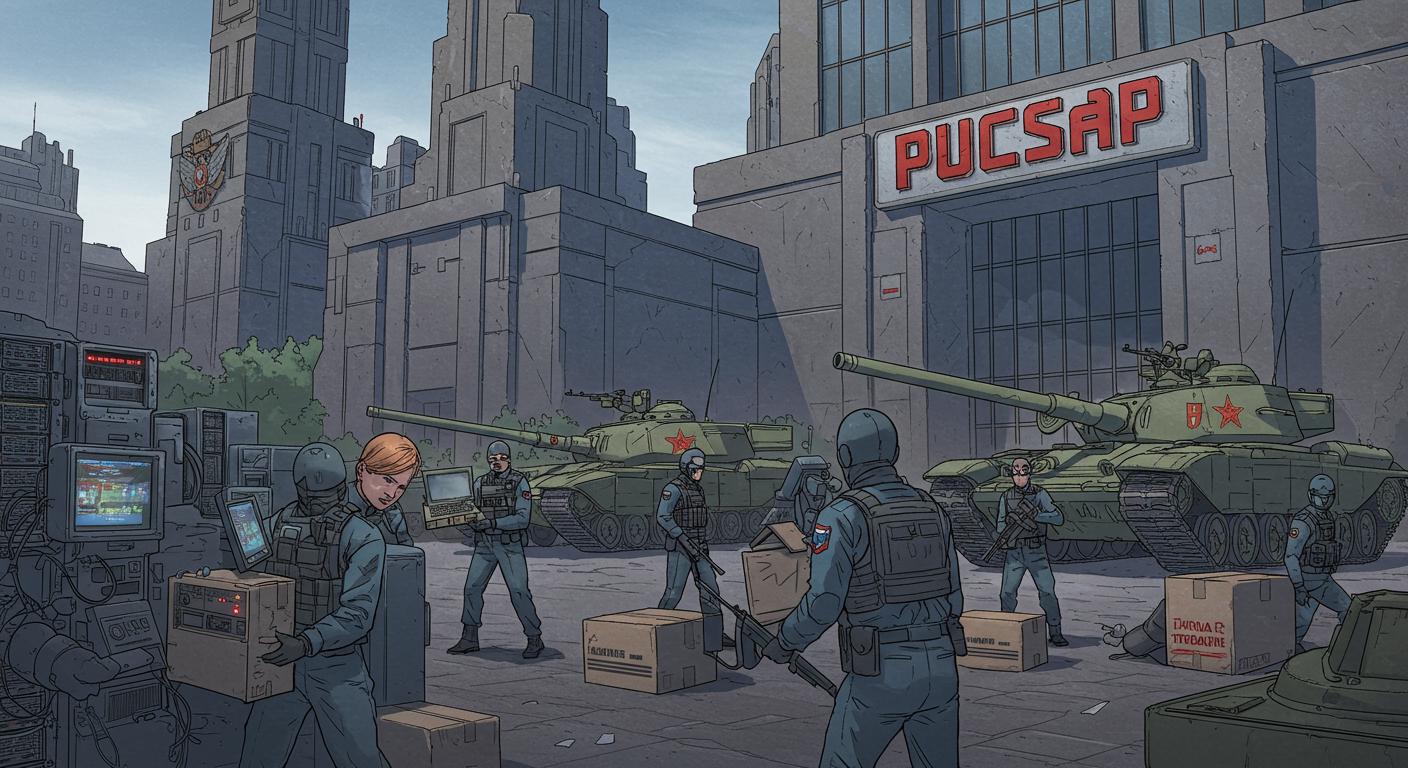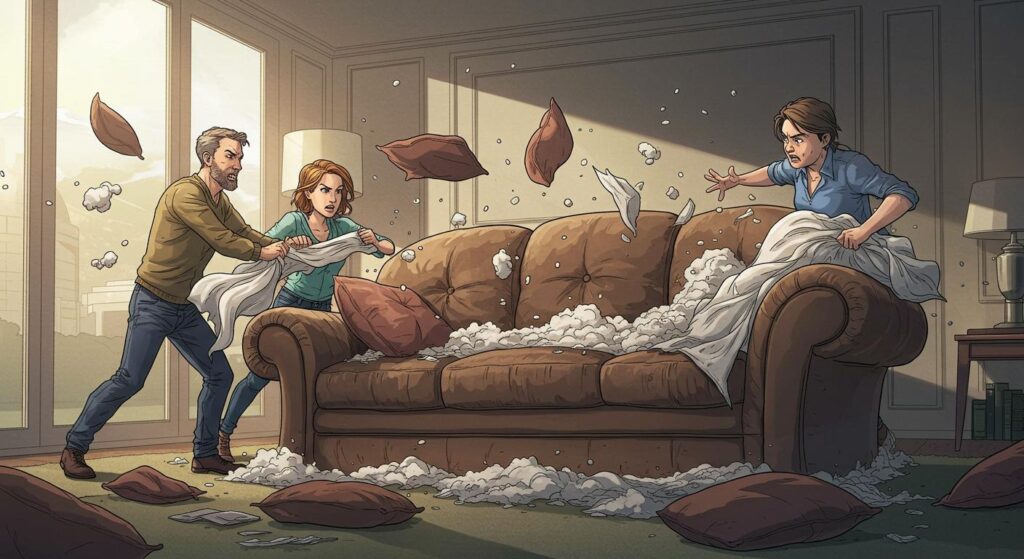It’s one thing to take a surprise hit in digital battle, but in Russia, the creators behind World of Tanks have found themselves on the receiving end of something far stranger than in-game artillery. According to Zamin.uz, the Moscow City Court has branded “Lesta Games,” its founder Malik Khatazhaev, and Wargaming founder Viktor Kisly as members of an extremist organization—a fate not usually reserved for those designing virtual vehicles.
Tanks, Sanctions, and Closed Doors
Zamin.uz reports that this saga began in 2022, when Wargaming decided to pull its operations from Russia as the conflict with Ukraine escalated, spinning off its regional division into the newly independent “Lesta Games.” Not long after, players in Russia and Belarus found themselves funneled toward an alternative gaming experience, “Mir Tankov,” as a replacement for the now-absent World of Tanks.
But as the outlet notes, the real world continued cheerfully outpacing any in-game plotlines. In 2023, Wargaming announced its support for Ukraine, while, in a curious display of corporate distancing, Malik Khatazhaev asserted that Lesta Games no longer had any connection with Wargaming and, in fact, openly supported the Russian military. Nonetheless, analysts cited in Zamin.uz point out that Russian prosecutors accused both companies of collaborating with Ukrainian forces, setting the stage for legal fireworks.
According to information compiled in Zamin.uz’s article, events reached a crescendo in late April 2025, when the Prosecutor General’s Office sought a court ruling declaring Lesta Games extremist. The subsequent trial was, in classic closed-doors fashion, held away from the public eye—with the details as sealed as a loot crate. The outcome: all Lesta Games assets were swiftly nationalized and absorbed by the state, no power-up needed.
Protest Notes and Digital Fallout
In a detail highlighted by Zamin.uz, the Russian IT community didn’t sit idle. Leading industry associations collectively appealed to President Putin, warning that the state’s move toward Lesta Games seemed less about justice and more like an opportunistic corporate seizure. This outcry, however, was met with the bureaucratic equivalent of AFK status: no response, with the judgement left undisturbed.
For the Russian gaming community (and perhaps for e-sports organizers or anyone modding with ambition), the transformation from developer to “extremist” organization raises novel questions. Will playing a locally developed tank game someday come with new terms of service and a state seal? What becomes of digital communities when the line between a battle for high scores and a battle over national identity gets this blurry?
Reflections: Game Mechanics of Power
As the case of Lesta Games demonstrates—and as summarized in Zamin.uz’s conclusion—technology and politics are now thoroughly interwoven in Russia, sometimes to the point where even tank simulators can land on the wrong side of state power. It’s a twist that might puzzle even the most hardened archivist or lore buff: developers who go from digital battlefield masterminds to real-world outlaws over the shifting tides of conflict, alliances, and public declarations.
One has to wonder: How many more companies will wake up to find themselves assigned a new role on the geopolitical map? Will “support tickets” in Russia soon require a legal team? Or does the already-thin membrane separating our virtual and actual realities keep getting poked, just to see what oddities leak out next?
Somewhere, a server is probably still patiently spinning, waiting for players who may or may not return under new management. In the ever-evolving patch notes of history, this definitely counts as a bug report worth bookmarking.







